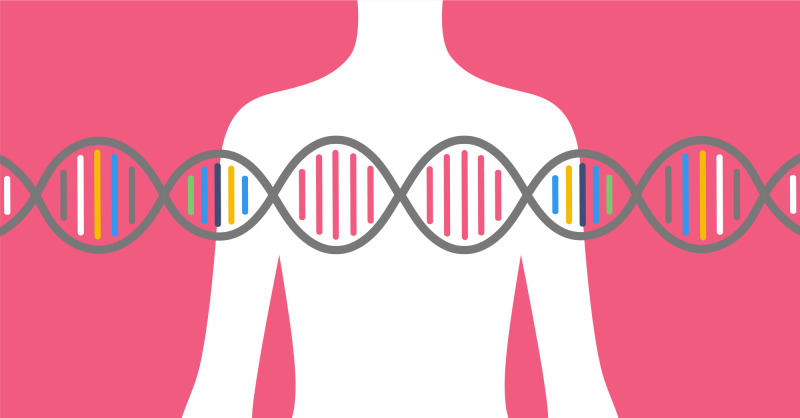Some of the first genes identified as risk factors for cancer, the BRCAs (BReast CAncer genes) are really about much more than breast cancer.
…
[T]hese genes act together to enable repair of complete breaks across the two strands of the DNA double helix.
…
The BRCA genes also have particular functions in DNA replication and large-scale movements of DNA within the nuclei of cells, also know as chromatin remodeling.
In fact, the “cancer-causing” BRCA genes in families prone to breast cancer are not making any special toxic molecules that result in breast cancer: they are simply not working, so cells are unable to repair DNA damage correctly.
…
[I]f a woman inherits a mutated BRCA gene from her family, the absence of the BRCA function means repair of DNA damage will occur by error-prone molecular pathways, allowing a gradual acquisition of new mutations in other genes, which can result in cells growing out of control, accumulating further errors and ultimately progressing into full-blown cancer.…
[T]he loss of correct DNA repair activity due to mutation in these BRCA genes increases the risk of developing many other cancers, including leukemias and lymphomas, melanoma, pancreatic or colorectal cancers, and even prostate and testicular cancers. These genes are really about much more than just breast cancer, and they particularly highlight the importance of preventing DNA damage.Read full, original post: BRCA genes are more complicated than most people think































